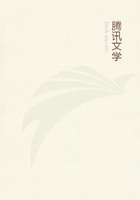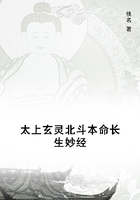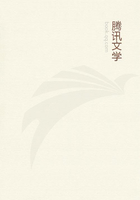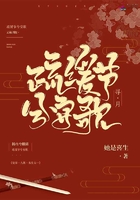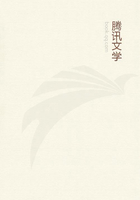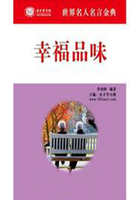We have distinguished, then, the different ways in which the term 'nature' is used.
The next point to consider is how the mathematician differs from the physicist. Obviously physical bodies contain surfaces and volumes, lines and points, and these are the subject-matter of mathematics.
Further, is astronomy different from physics or a department of it? It seems absurd that the physicist should be supposed to know the nature of sun or moon, but not to know any of their essential attributes, particularly as the writers on physics obviously do discuss their shape also and whether the earth and the world are spherical or not.
Now the mathematician, though he too treats of these things, nevertheless does not treat of them as the limits of a physical body; nor does he consider the attributes indicated as the attributes of such bodies. That is why he separates them; for in thought they are separable from motion, and it makes no difference, nor does any falsity result, if they are separated. The holders of the theory of Forms do the same, though they are not aware of it; for they separate the objects of physics, which are less separable than those of mathematics. This becomes plain if one tries to state in each of the two cases the definitions of the things and of their attributes.
'Odd' and 'even', 'straight' and 'curved', and likewise 'number', 'line', and 'figure', do not involve motion; not so 'flesh' and 'bone' and 'man'-these are defined like 'snub nose', not like 'curved'.
Similar evidence is supplied by the more physical of the branches of mathematics, such as optics, harmonics, and astronomy. These are in a way the converse of geometry. While geometry investigates physical lines but not qua physical, optics investigates mathematical lines, but qua physical, not qua mathematical.
Since 'nature' has two senses, the form and the matter, we must investigate its objects as we would the essence of snubness. That is, such things are neither independent of matter nor can be defined in terms of matter only. Here too indeed one might raise a difficulty.
Since there are two natures, with which is the physicist concerned? Or should he investigate the combination of the two? But if the combination of the two, then also each severally. Does it belong then to the same or to different sciences to know each severally?
If we look at the ancients, physics would to be concerned with the matter. (It was only very slightly that Empedocles and Democritus touched on the forms and the essence.)
But if on the other hand art imitates nature, and it is the part of the same discipline to know the form and the matter up to a point (e.g. the doctor has a knowledge of health and also of bile and phlegm, in which health is realized, and the builder both of the form of the house and of the matter, namely that it is bricks and beams, and so forth): if this is so, it would be the part of physics also to know nature in both its senses.
Again, 'that for the sake of which', or the end, belongs to the same department of knowledge as the means. But the nature is the end or 'that for the sake of which'. For if a thing undergoes a continuous change and there is a stage which is last, this stage is the end or 'that for the sake of which'. (That is why the poet was carried away into making an absurd statement when he said 'he has the end for the sake of which he was born'. For not every stage that is last claims to be an end, but only that which is best.)
For the arts make their material (some simply 'make' it, others make it serviceable), and we use everything as if it was there for our sake. (We also are in a sense an end. 'That for the sake of which' has two senses: the distinction is made in our work On Philosophy.) The arts, therefore, which govern the matter and have knowledge are two, namely the art which uses the product and the art which directs the production of it. That is why the using art also is in a sense directive; but it differs in that it knows the form, whereas the art which is directive as being concerned with production knows the matter. For the helmsman knows and prescribes what sort of form a helm should have, the other from what wood it should be made and by means of what operations. In the products of art, however, we make the material with a view to the function, whereas in the products of nature the matter is there all along.
Again, matter is a relative term: to each form there corresponds a special matter. How far then must the physicist know the form or essence? Up to a point, perhaps, as the doctor must know sinew or the smith bronze (i.e. until he understands the purpose of each): and the physicist is concerned only with things whose forms are separable indeed, but do not exist apart from matter. Man is begotten by man and by the sun as well. The mode of existence and essence of the separable it is the business of the primary type of philosophy to define.



